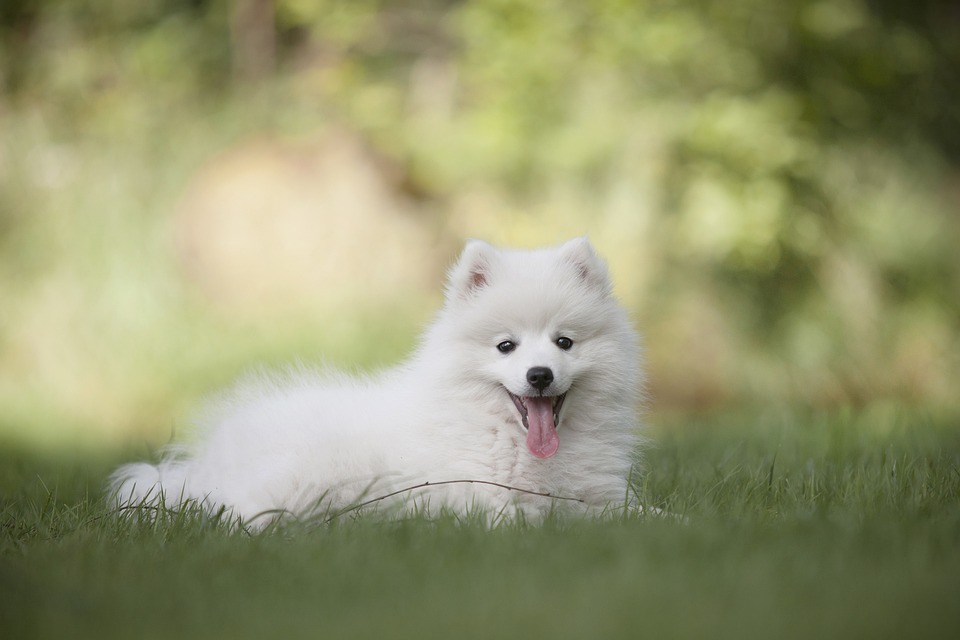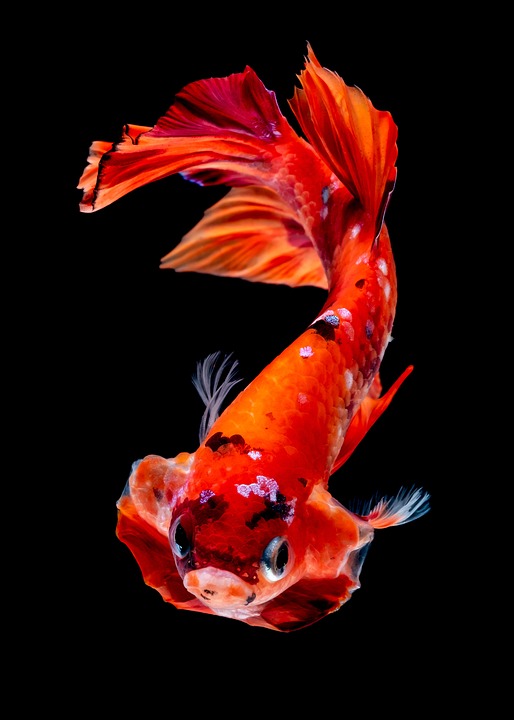Eastern equine encephalitis (EEE) is a serious disease that affects both humans and horses. The recent cases in Covington and Geneva counties serve as a reminder of the importance of taking precautions to protect our equine companions from this deadly virus. EEE is caused by the Eastern equine encephalitis virus, which is transmitted to horses through mosquito bites. Wild birds serve as the natural reservoir for the virus, and mosquitoes that feed on infected birds can then transmit the virus to horses.
Symptoms of EEE in horses can include depression, fever, lethargy, ataxia, and head pressing. In severe cases, the disease can be fatal, as was the case with the 7-year-old mare in Geneva County who had to be euthanized. Due to the high mortality rate associated with EEE in both horses and humans, it is crucial to take steps to prevent the spread of the virus.
One of the most effective ways to protect horses from EEE is through vaccination. Veterinarians recommend using commercially available licensed vaccines against EEE for all horses in the United States. Horses should be vaccinated at least annually, with recommendations varying in high-risk areas. It is not too late to vaccinate your horses this year, so be sure to consult with your veterinarian to ensure that your horses are protected.
In addition to vaccination, there are other measures that horse owners can take to prevent mosquito-borne diseases like EEE. Using insect repellent when outdoors, especially during peak mosquito activity hours from dusk to dawn, can help reduce the risk of mosquito bites. Mosquito-proofing your home by fixing or installing window and door screens, as well as eliminating standing water where mosquitoes can lay eggs, can also help prevent the spread of the virus.
When it comes to protecting your horses, it is important to use approved insect repellents and to keep them indoors during peak mosquito activity hours. Eliminating standing water, draining water troughs, and stocking water tanks with fish that consume mosquito larvae are all effective ways to reduce mosquito populations around your property. By taking these precautions, you can help protect your horses from EEE and other mosquito-borne diseases.
The recent cases of EEE in Covington and Geneva counties serve as a stark reminder of the importance of being proactive in protecting our horses from this deadly virus. By following the recommended vaccination guidelines and taking steps to prevent mosquito bites, horse owners can help ensure the health and well-being of their equine companions. Stay informed, stay vigilant, and take action to protect your horses from EEE.





